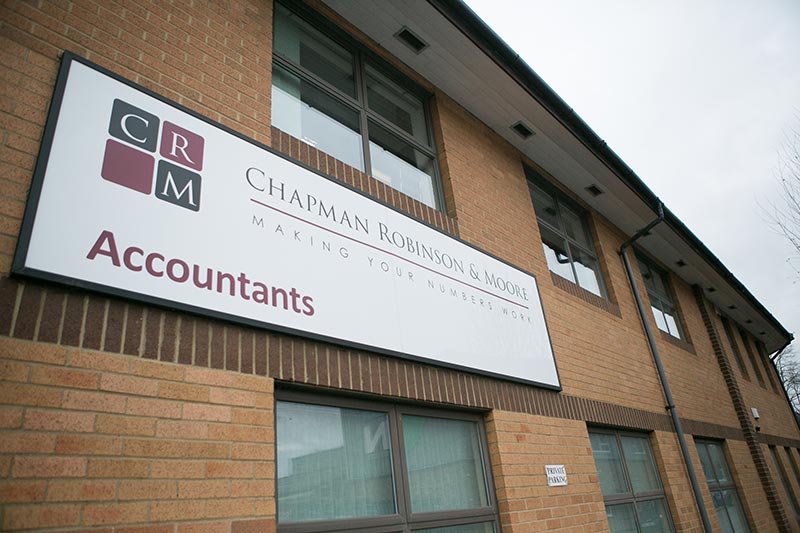HM Revenue & Customs (HMRC) have recently announced that they have become aware of a new attempted phishing fraud occurring, which revolves around an e-mail supposedly from HMRC advising that you are due a refund. If you receive unexpected correspondence from HMRC, particularly by e-mail, we suggest you check with your accountant before paying any money or giving away any personal details, especially bank details.
Normal logic applies with these sort of frauds – always visit websites you are being directed to by typing in a known webpage (ideally) or searching on a search engine rather than clicking on links, and contact organisations on a telephone number you have obtained from a telephone directory rather than from the e-mail or letter which is potentially fraudulent.
The HMRC article follows:
Fraudsters are targeting taxpayers with thousands of scam emails in the run up to the 31 January Self Assessment tax deadline HM Revenue & Customs said today. HMRC also warned the public to be aware of further fraudulent attempts to obtain personal information after the 31 January deadline has passed when many people will be waiting to hear about genuine tax refunds.
The scams tell the recipient they are due a tax refund and ask for bank or credit card details so that the fictitious tax refund can be paid out. HMRC is also aware of a growing number of telephone scams with fraudsters posing as tax officials arranging rebate payments.
All customers who provide their details to the fraudsters risk their accounts being emptied and credit cards used to their limit. The victim also risks having their personal details sold on to other organised criminal gangs.
Lesley Strathie, HMRC Chief Executive said:
“This is the most sophisticated and prolific phishing scam that we have encountered. We only ever contact customers who are due a refund in writing by post. We never use emails, telephone calls or external companies in these circumstances. I would strongly encourage anyone receiving such an email to send it to us for investigation.”
HMRC is fighting back by thoroughly investigating such attacks and through co-operation with other law enforcement agencies in the UK and overseas a number of scam networks have been shut down – specifically in Austria, Mexico, USA, Thailand and Japan.
HMRC strongly advises:
* that any email appearing to originate from HMRC and which offers a tax refund should be forwarded unopened to phishing@hmrc.gsi.gov.uk
* Do not click on websites links contained in suspicious emails or open attachments.
If in doubt, please check it out with HMRC at
http://www.hmrc.gov.uk/security/examples.htm
Notes for editors
1. Since April 2008 HMRC has received over 11,000 reports of fraudulent repayment emails.
2. Do not visit the website contained within the email or disclose any personal or payment information.
Email addresses used to distribute the tax rebate emails include:
HMRC does not send out emails using these email addresses.
Issued by HM Revenue & Customs Press Office

